How to survive bikini season when you have IBS
Here's how to beat the bloat


Celebrity news, beauty, fashion advice, and fascinating features, delivered straight to your inbox!
You are now subscribed
Your newsletter sign-up was successful
Here's how to beat the bloat
Let’s talk about IBS. Have those words already made you uncomfortable? For some reason, the condition leaves people feeling slightly awkward when it comes to talking about it. Well, no more. We’re staging an intervention.
First of all, what the hell is it?
Dr Ana Wilson, Consultant Gastroenterologist from St Mark’s Hospital answered all our questions…
What is IBS?
Irritable bowel syndrome (IBS) is a common, long-term condition of the digestive system which can cause bouts of stomach cramps, bloating, diarrhea and constipation. Abdominal pain and discomfort is often recurrent and the symptoms can vary between individuals, affecting some people more severely than others.
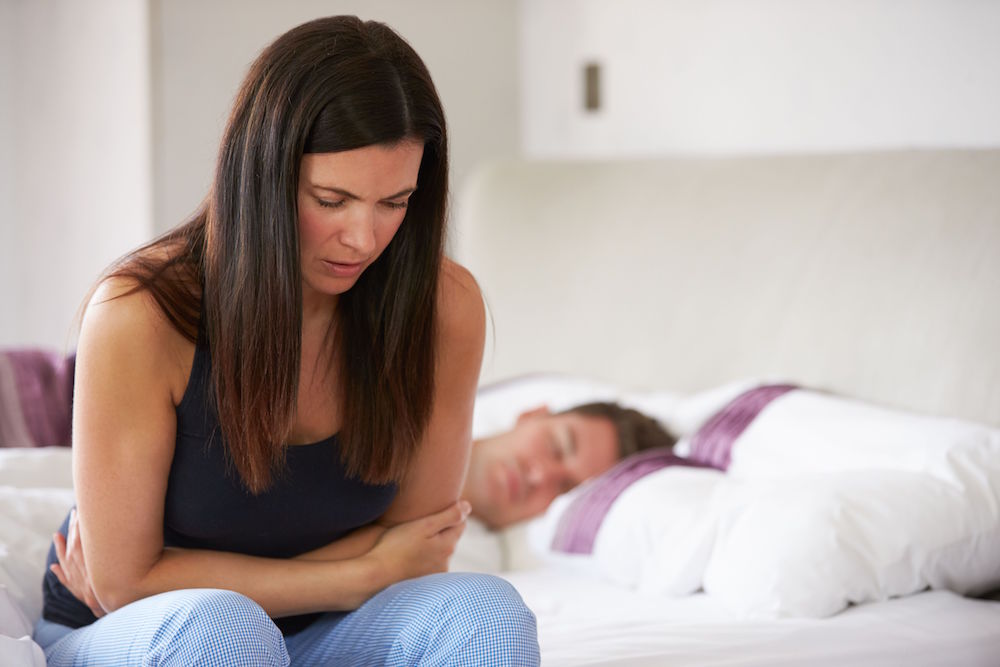
What causes IBS?
We don’t know for certain what causes IBS, however it is thought to be interplay between hypersensitive gut and psychological, social and environmental influences. Some studies have suggested that patients with IBS have a low level of inflammation and altered gut motility.
Is IBS genetically linked?
There is evidence that relatives of patients with IBS are more likely to develop IBS. Similarly, there is a higher concordance rate amongst monozygotic twins (i.e. exactly the same DNA) than dizygotic twins (only half DNA shared) suggesting that there may be genetic contribution, but the exact genes have not been identified.
Celebrity news, beauty, fashion advice, and fascinating features, delivered straight to your inbox!
Who gets IBS?
Anyone can get IBS but its prevalence decreases with age. Usually symptoms manifest in young adults in their twenties or thirties. It is worth noting also that women are 1.5-2 times more likely to get IBS than men.
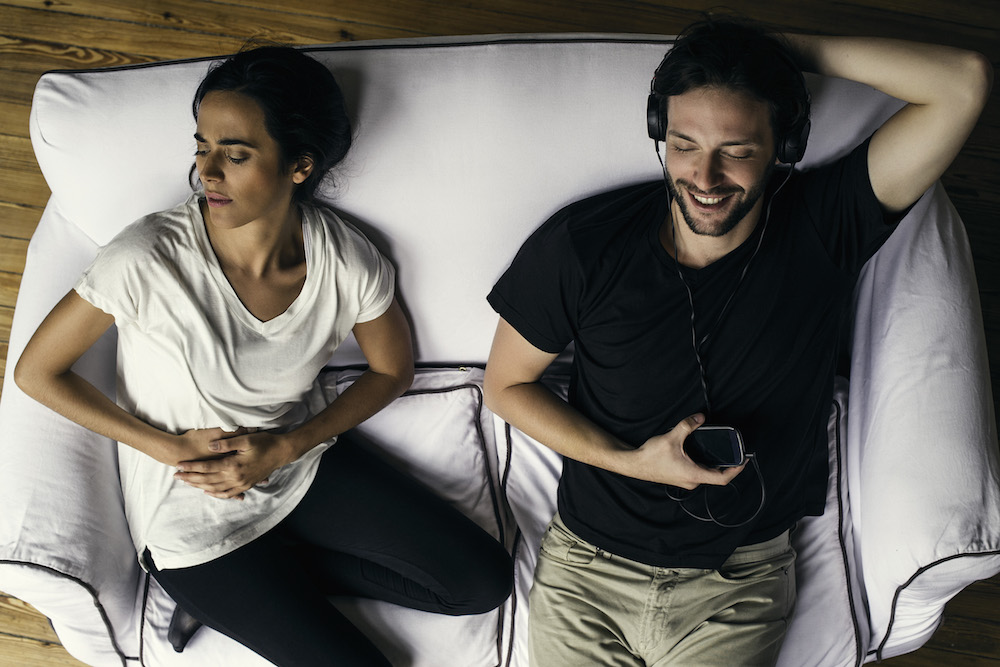
IBS symptoms
The symptoms commonly associated with IBS include abdominal pain, discomfort, diarrhea, constipation and bloating. The symptoms tend to come and go in periods lasting a few days to a few months at a time, often increasing during times of stress or after eating certain foods.
When considering your symptoms and whether these might be a sign of IBS, it is important to exclude other illnesses, for example coeliac disease, inflammatory bowel disease, ovarian problems, and thyroid abnormalities, amongst others.
How do I know if I have IBS or a sensitive stomach?
Truthfully, it is very difficult to tell. Usually patients who have a ‘sensitive stomach’ (subjective not medical) would have had it all their lives. It is all about perception.
How can we spot if we have IBS?
The defining features of IBS include abdominal pain, discomfort, diarrhea, constipation and bloating. If you notice a new onset of symptoms, it is important to see a GP to exclude anything else. He/she will refer you to a specialist (gastroenterologist) if needed.
Is it true the pill can trigger IBS?
There is evidence that symptoms of IBS can vary with menstrual cycle, as female hormones tend to affect gut motility and ‘sensitivity’. One large study (939,281 women) looked at oral contraceptives and IBS and subsequently found a positive association between drospirenone (Yasmin) and IBS, but no relation between other oral contraceptives and incidence of IBS.
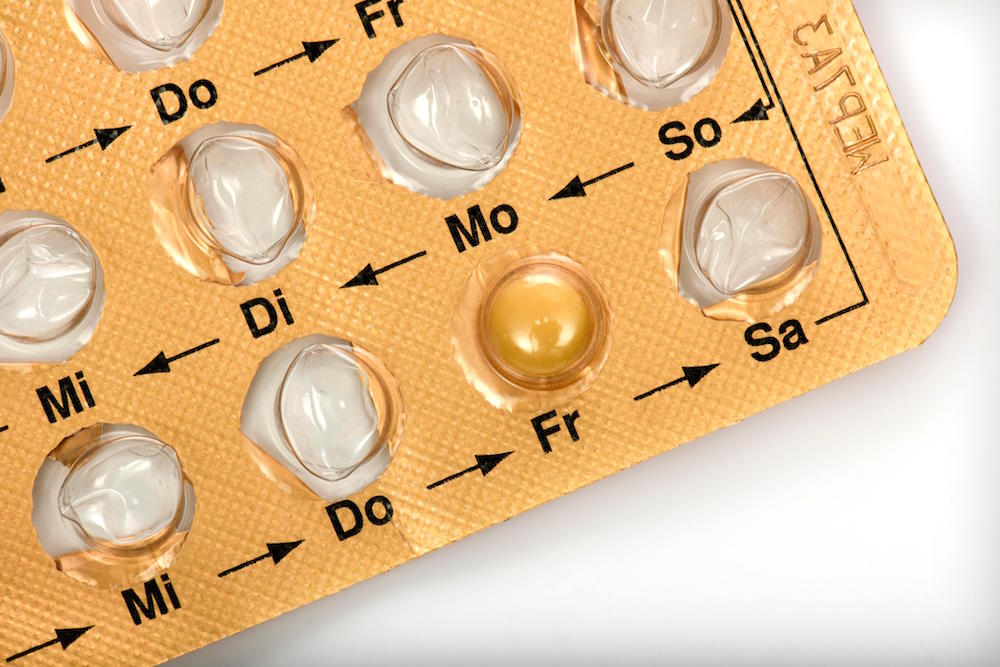
IBS Treatment
How can we control IBS?
Controlling IBS depends purely on the symptoms. Stress relief and diet are the cornerstones of management. For bloating and pain, diet and anti-spasmodics are key and if symptoms are particularly bad, then a low dose of drugs such as amitryptiline and nortryptiline can be taken. For constipation, again the combination of diet, stress relief and biofeedback is key, and for diarrhea as above plus loperamide (Immodium). Probiotics have been shown to be of benefit, particularly Lactobacillus and Bifidobacterium infantis.
What are your top tips for dealing with IBS?
Where possible, it is important to practice a healthy lifestyle, with a healthy diet and regular meals, and avoiding excess of alcohol, processed food and caffeine. It is also a good idea to quit smoking and make sure you enjoy gentle exercise and relaxation and meditation. Talk to your GP if you are worried and you may well be referred to a specialist for specialist help. If the thought of getting into a bikini is making you panic about having an IBS flare up on holiday, fear not. We’ve got you covered.
Exercise
If you’re feeling bloated, taking yourself for a run can really help. Any cardio will help relieve the symptoms and it doesn’t even have to be long – as little as 10 minutes will help with your symptoms. Perhaps go for a walk over the seafront rocks or head into the mountains for a sunny hike. Whatever you do, just keep moving. Classic core exercises will also help and you can 100% do them in your villa or hotel room. Try to do 3 sets of 12 reps, two to three times a week, focusing on sit-ups, crunches, pelvic tilts and pelvic lifts.
Stomach massage
It may sound odd to literally rub your stomach better, but the beauty of it lies in its simplicity. Simply start at the lower right, just above your groin and using small circular massaging movements, work your way up your torso, under your rib cage and across to the left side, then work down to the bottom left and ease into the middle of your tummy, basically making a semi circle shape.
Sleep well
It can be easy to party a little too much when you’re on holiday, but sleep will really help to reset your body to make sure that you are feeling beach ready the following morning.
Yoga
A little yoga can really help when things get uncomfortable. The Bow Pose, Wide Legged Forward Bend, Open Triangle and, aptly-named, Wind-Relieving Pose are our go-to’s. Learn them before you step on the plane and you can thank us when you are loving life by the pool.
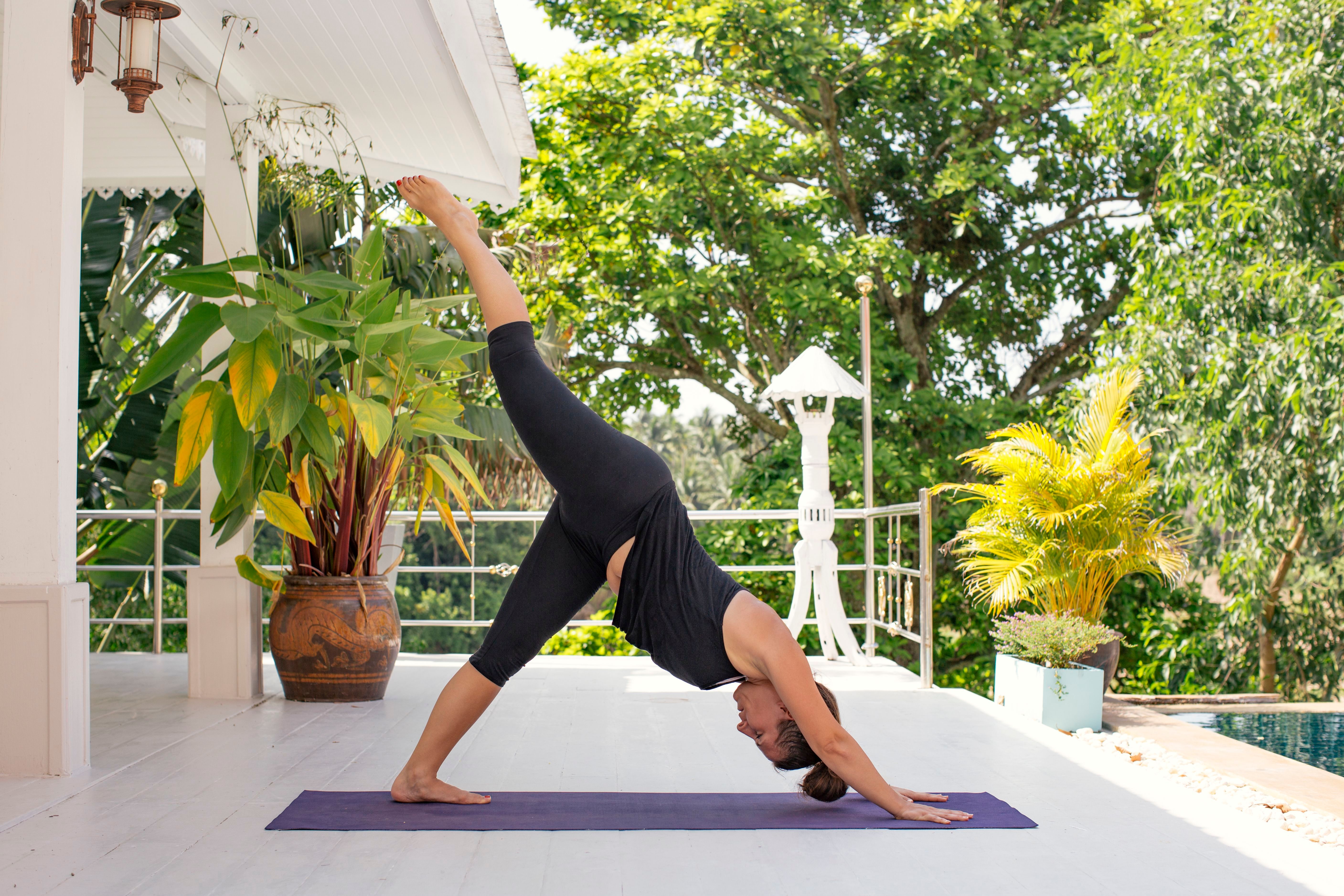
IBS Diet
Here’s a few tips to help you beat the bloat...
Cut out gluten and lactose
Not one for the faint hearted, but cutting out gluten and lactose could be one of the best decisions you’ll ever make. Our bodies are not designed to process gluten because the intestine lining cannot absorb it. It’s worse for people who suffer from IBS and luckily for us, there are other options.
Most restaurants now offer a gluten free menu and most, if not all, supermarkets have an extensive gluten free range. From pasta, to bread, to gluten-free beer and wine (no, really…). Whilst this might not be true when you are abroad, the salads and seafood are a good alternative. In terms of lactose, it moves through the large intestine without being properly digested and it can cause SERIOUSLY uncomfortable symptoms including gas, cramps and bloating. Swap out your dairy milk for soya milk – and after a while, you won’t even notice it!
Follow a low FODMAP diet
Okay. Let’s start with what FODMAP stands for – Fermentable, Oligosaccharides, Disaccharides, Monosaccharides and Polyols. It’s basically a list of carbohydrates, which don’t get completely absorbed in the gastrointestinal tract. If you don’t fancy cutting gluten and lactose out entirely, there are little things that you can do to help. Garlic and onion have been found to be amongst the worst for IBS sufferers so it’s recommended that you cut these out entirely, whilst broccoli, squash and spinach are on the ‘good to go’ list.
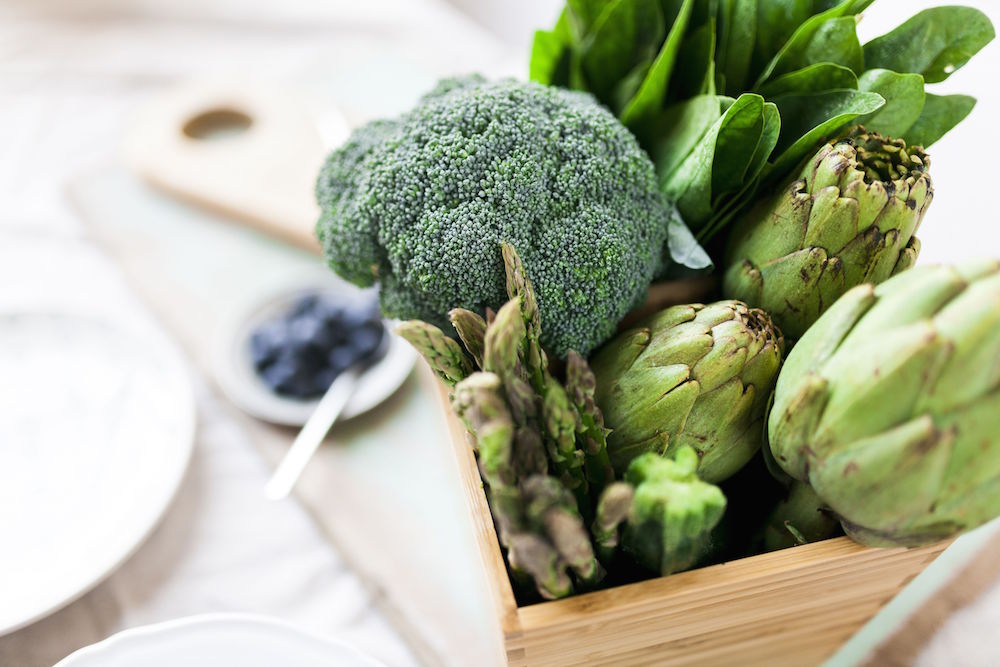
Take some peppermint
Peppermint in any form – capsules, tea or oil – all work. Swap out one of your daily caffeine fixes for a healthier cup of peppermint tea. Most holiday destinations will offer peppermint tea as standard but to be on the safe side, pop a little bottle of oil into your suitcase and put two drops into some hot water.
Avoid carbonated drinks
It probably sounds obvious but those delicious drinks full of carbonated bubbles are not good for beating the bloat. They cause unwanted gas to get stuck in your stomach. We know, we know, you cannot beat a glass of prosecco by the pool, or one of those irresistible cocktails with an umbrella in but in order to skip that ‘do I look fat?’ feeling the following morning and opt for gin or vodka with fruit juice.
